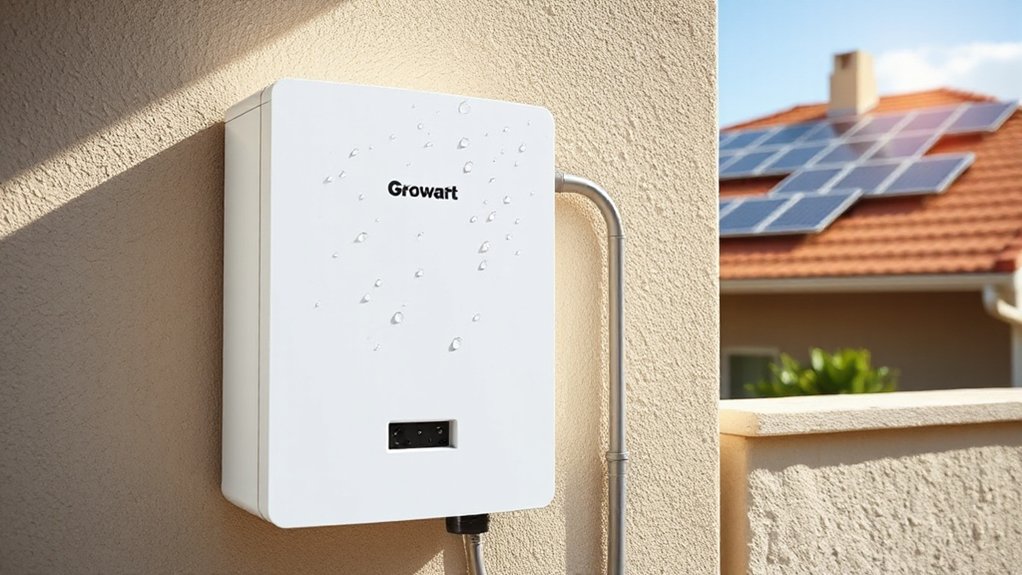Convenience with a hidden cost. That’s what you’re buying with those supposedly “biodegradable” wet wipes flooding supermarket shelves. The global wet wipe market topped $3 billion in 2022, with consumers increasingly drawn to products labeled as eco-friendly. Turns out, that green packaging might be the cleanest thing about them.
Here’s the reality check: over 11 billion wet wipes get tossed yearly in the UK alone. Yeah, billion with a “b.” And those “flushable” labels? Marketing genius, environmental disaster. More than half of these allegedly earth-friendly wipes still contain synthetic fibers that stick around like unwanted houseguests.
Marketing magic won’t make synthetic fibers vanish from our waterways, no matter what that “flushable” label promises.
The manufacturing process isn’t doing Mother Nature any favors either. Even cellulose-based wipes get loaded with preservatives and softeners that basically say “not today” to actual biodegradation. These chemicals are the equivalent of embalming fluid for what should be compostable materials.
Real-world testing paints an ugly picture. When flushed (which, spoiler alert, you shouldn’t do), these wipes refuse to break down in sewers. They’re like that friend who says they’ll leave in five minutes but is still on your couch at midnight. The result? Over 300,000 sewer blockages annually, costing UK taxpayers about £100 million. That’s one expensive “convenience.” Ultimately, preventing this plastic pollution is far more effective than attempting to clean it up afterward.
The environmental toll is staggering. A whopping 72% of UK beaches were contaminated with wet wipes in 2023. Marine animals choke on them. Fish ingest the microfibers. These so-called biodegradable wipes can persist in aquatic environments for up to 15 weeks on beaches. Eventually, those same contaminants might end up on your dinner plate. Circle of life, but make it toxic.
Even the plant-based fibers fragment physically but resist actual molecular breakdown. They’re technically “biodegrading” at the same rate that your plastic water bottle from 1998 is—theoretically possible, practically useless.
The solution isn’t pretty or convenient. But then again, neither are fatbergs clogging our sewers or wildlife choking on our “biodegradable” trash. Sometimes the dirtiest truth about cleaning products is what they leave behind.
References
- https://pubmed.ncbi.nlm.nih.gov/37336411/
- https://www.envirotech-online.com/news/water-wastewater/9/breaking-news/should-we-ditch-wet-wipes/46063
- https://phys.org/news/2025-07-biodegradable-terrible-environment.html
- https://calloasis.com/the-truth-about-flushable-wipes-myths-facts-and-environmental-impact/
- https://tru.earth/blogs/tru-living/environmental-impact-of-disposable-cleaning-wipes









